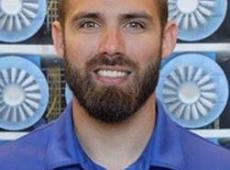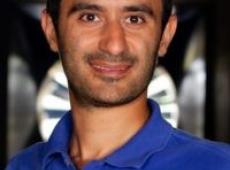Daniel J. Gorham, P.E. is a Research Engineer for the Insurance Institute for Business & Home Safety (IBHS).
His work focuses on understanding the wildfire hazard and how we can make communities more resilient. Through innovative tests at the IBHS Research Center and post-fire field observations, Daniel and IBHS are in pursuit of finding better ways to build, prepare and help communities reduce their risks.
Daniel brings a wealth of fire-science knowledge to IBHS that originated by being the Research Project Manager for the Fire Protection Research Foundation in Quincy, Massachusetts. He has also spent time with the National Fire Protection Association and was a Guest Researcher at the U.S. Forest Service Missoula Fire Sciences Laboratory. Daniel holds both a master’s and bachelor’s degree in Fire Protection Engineering from the University of Maryland College Park. In addition, his background as a firefighter/EMT in the state of Maryland helps guide IBHS research on what is important for communities experiencing fire risks.
Faraz Hedayati, PhD is a Research Engineer for the Insurance Institute for Business & Home Safety. He is responsible for conducting fire studies and research in other perils at the IBHS Research Center. Faraz started working with IBHS in 2015 as a research consultant before joining the organization full-time in 2018.
Faraz earned his bachelor’s and master’s degrees in mechanical engineering at universities in Iran before moving to the U.S. in 2014. Since he came to the U.S., Faraz has earned two additional advanced mechanical engineering degrees—a master’s and a PhD—at the University of North Carolina at Charlotte. His research interests include heat transfer models, machine learning and machine vision applications in different natural hazards, and creating and tuning predictive models to match experimental data. Faraz serves as an editorial board member of the Fire Journal.

